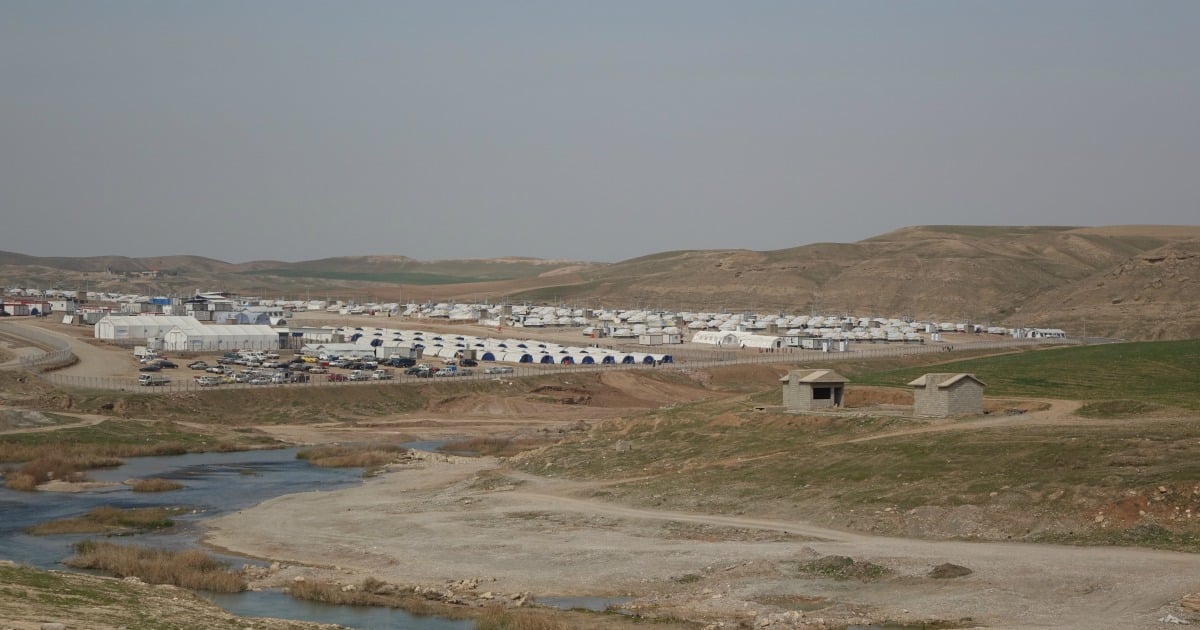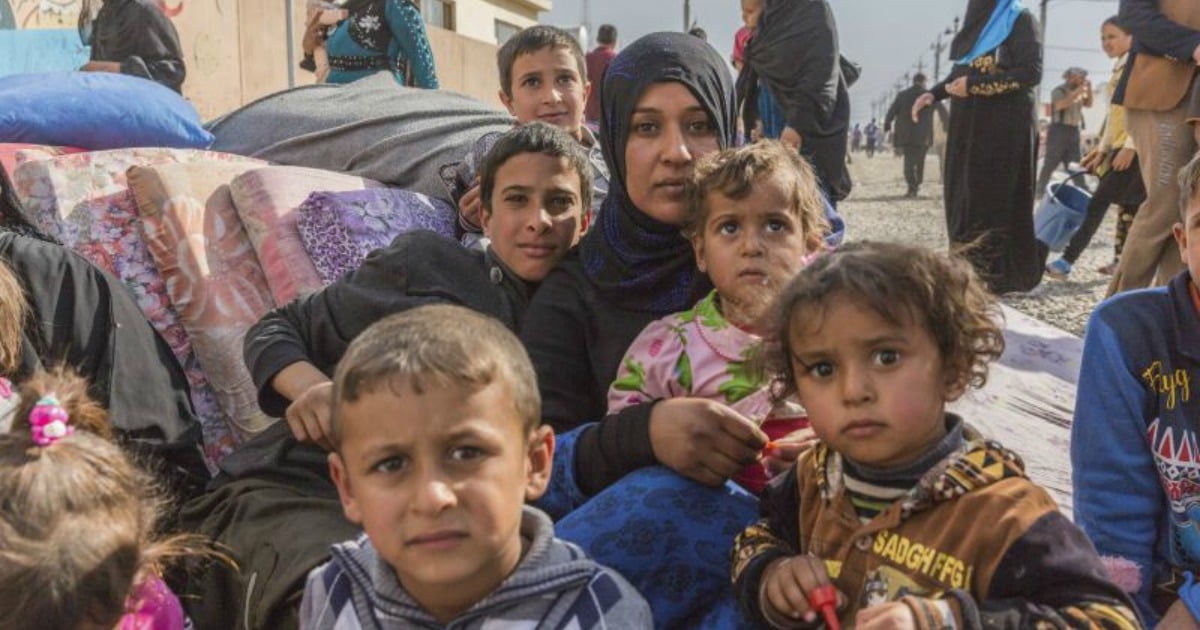I am standing on a rise in Iraq, overlooking line upon line of domed blue and white tents connected by a maze of narrow rocky roads and a spider’s web of electrical cables hanging symmetrically and swinging rhythmically from metal poles.
Outside some of the tents small satellite dishes point hopefully to the sky, some sitting atop 44 gallon drums of kerosene – a family’s fuel for cooking and heating.

Water connection points dot the camp and communal bathroom facilities rise above the tents marking out the symmetry and allegiance to international standards of camp design for Internally Displaced Persons. A water tower the size of a small apartment block interrupts the view of a distant mountain.



Top Comments
And by accepting those with money to pay people smugglers we damn those in the camps to a longer stay.
I don't blame those that arrive by boat, they are doing everything they can for their family, but nor do I think they should take up all the resources set aside to assist those in need just on the basis they had the money to get this far.
And the cost of resettling 1 here is enough to provide food, medicine, shelter and services to 12 living in these camps.
I've noticed the normal refugee advocates havent commented.
I wonder how they justify leaving them in the canps to help thise with money.